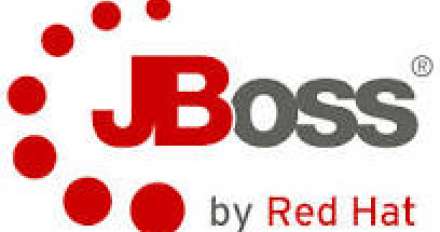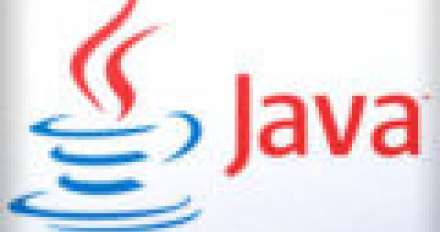
Article
What Lies Beneath: A tour of the dark gritty underbelly of OpenJDK
OpenJDK is the premier open source Java implementation. The OpenJDK project provides the code used to build Red Hat's Java releases for Fedora and RHEL and the Java releases used on most other Linux distributions. It also forms the basis of Oracle's proprietary Java binary releases. The Red Hat OpenJDK team has been working for some time now, along with organizations like the London Java Community (LJC) and some of our academic partners (e.g. Glasgow & Manchester) to encourage researchers...


